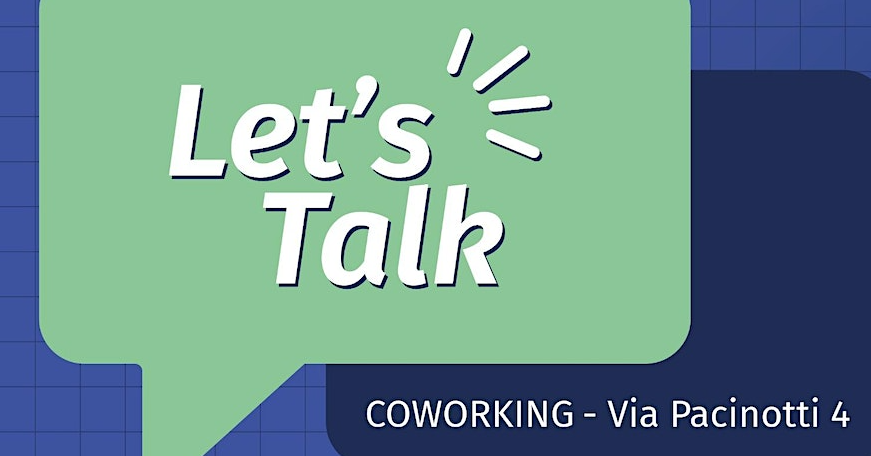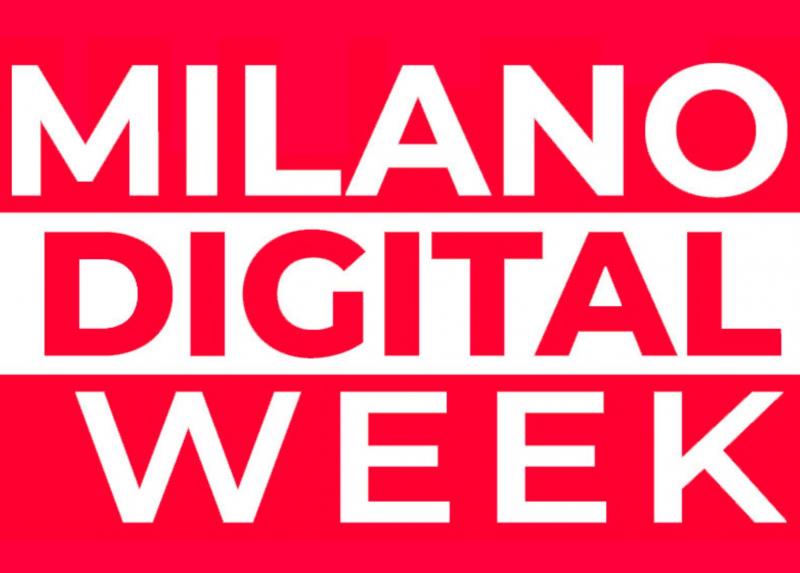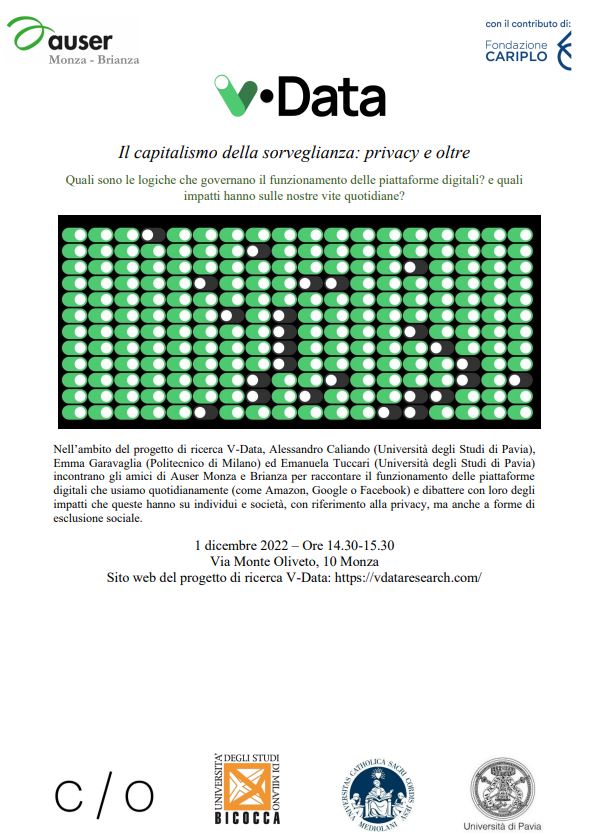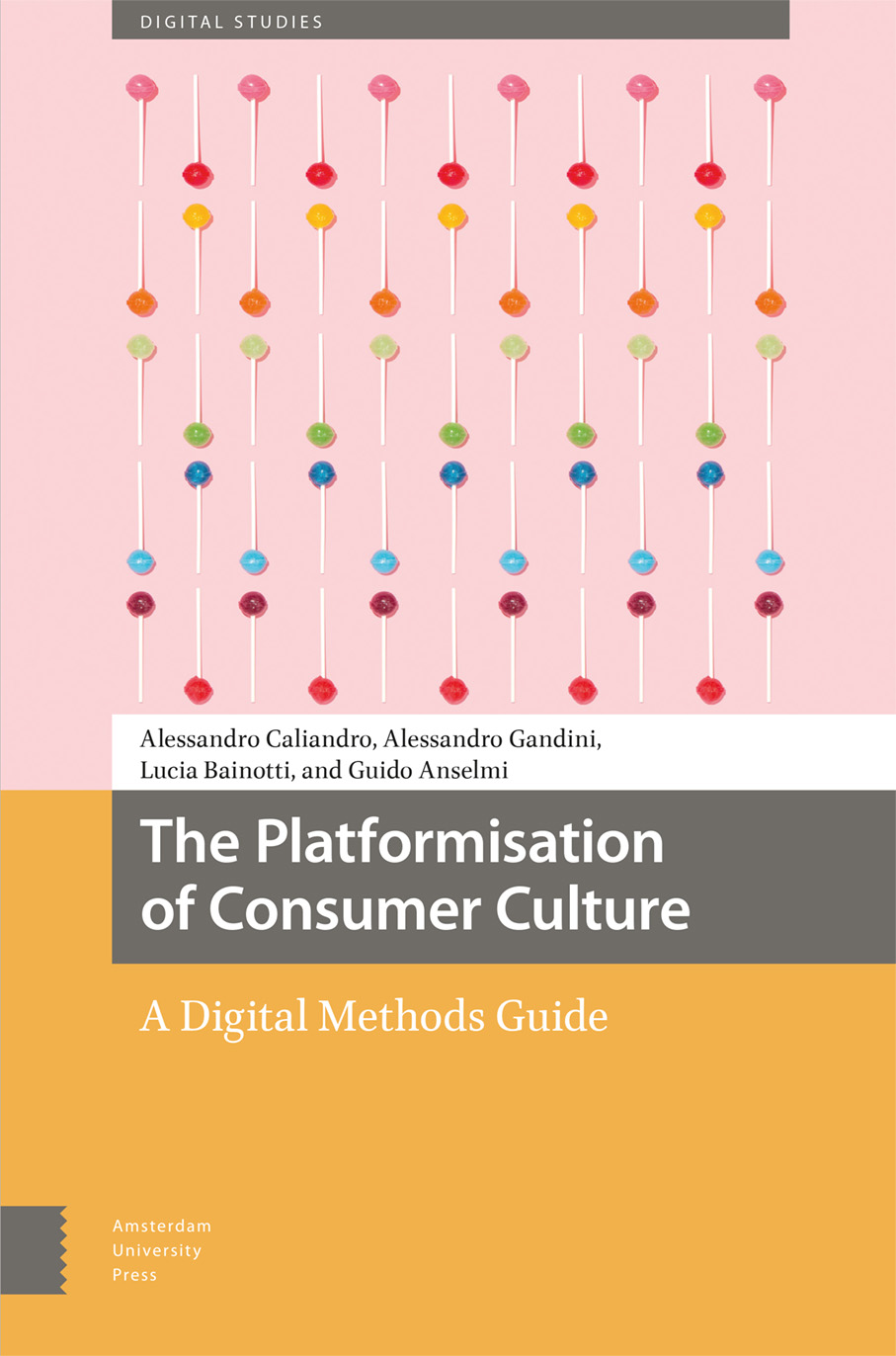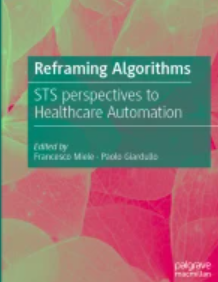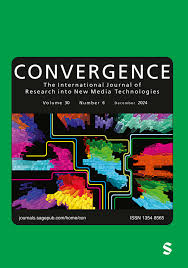The public discourse on surveillance capitalism
Description
Digital methods will be employed to collect and analyze data from online news media outlets and Twitter. The sources have been chosen because we are interested in exploring both the debate developing around news, promoted by news media outlets, and the interactions between institutional (politicians, corporations etc.) and regular users developing on social media platforms. Data from news media outlets will be collected through open source tools (e.g. Googlescarper and Media Cloud) by following ad hoc keywords. Data from Twitter will be collected through the academic Twitter API. Data analysis will be based on both manual and automated techniques of network, content and sentiment analysis.
Goals
- to identify the main actors involved in the public online debate on surveillance capitalism in Italy
- to map the main discourses characterizing and shaping the public online debate on surveillance capitalism in Italy
- to explore changes over time in actors and discourse composition in the public online debate on surveillance capitalism in Italy
- to identify key issues to be further investigated in WP3 and WP4
- to identify possible key informants to be involved in the empirical research planned for WP4
Team member
Outputs
document
Research Centres and Initiatives

Hereby a useful directory of Initiatives and Research Centres working on several issues and topics related to surveillance capitalism (such as dataveillance, data activism, data ethics, data privacy & transparency, platform surveillance, etc.)
Open the spreadsheet and contact us if you want to contribute to the list.
document
Come resistere (per quanto possibile) al capitalismo della sorveglianza
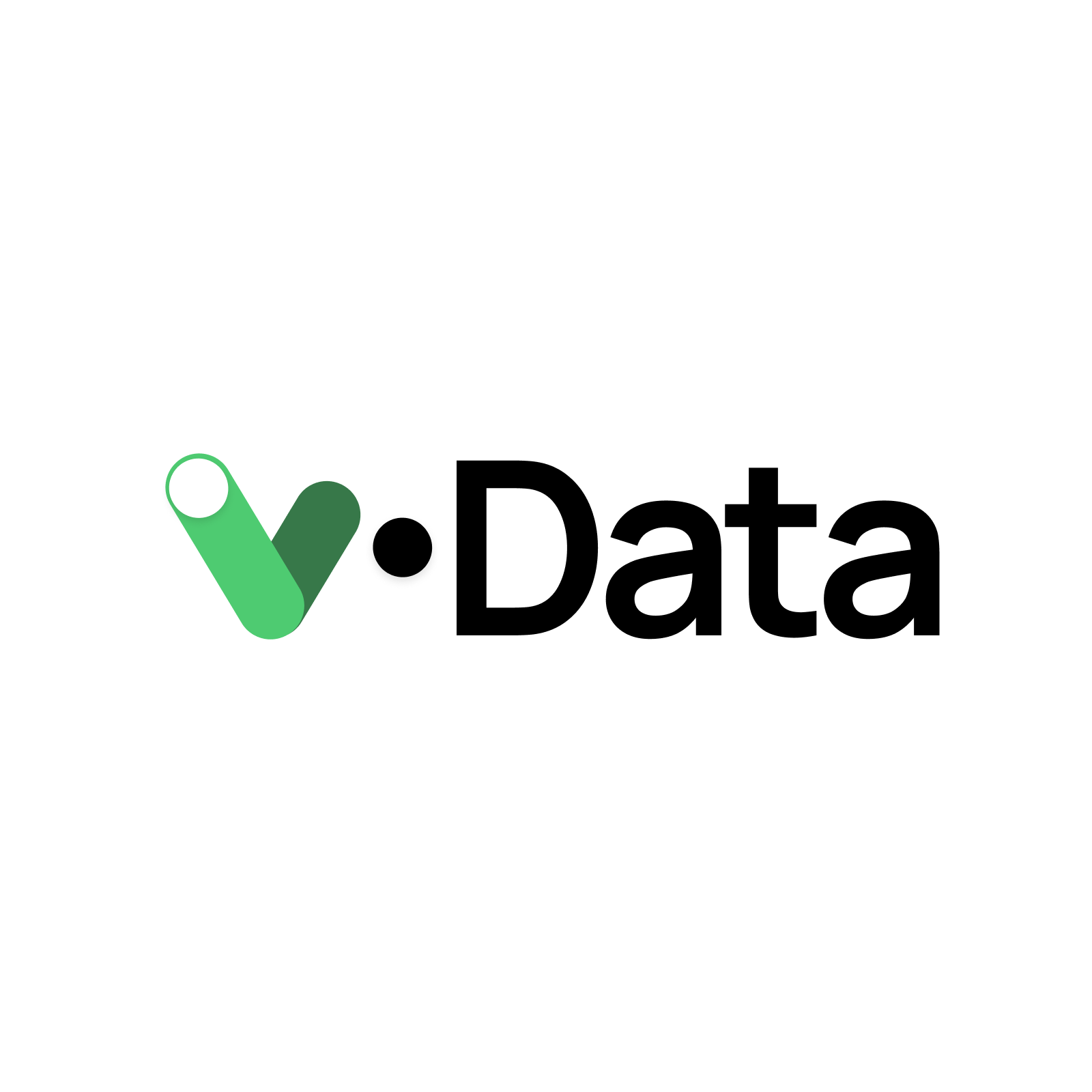
Da qui è possibile accedere ad un interessante report di ricerca che introduce e descrive diverse pratiche tecno-sociali di resistenza al capitalismo della sorveglianza – utili a chiunque, non solo intenda saperne di più circa l’argomento, ma voglia anche provare (per quanto possibile) ad opporvisi. Il report, infatti, descrive una lunga serie di pratiche digitali quotidiane utili a limitare gli effetti del capitalismo della sorveglianza sugli individui e sulla società nel suo complesso.
Tali pratiche vengono raggruppate in 4 macro-categorie principali (che si distinguono per crescenti gradi di sforzo e competenze richieste all’individuo per poter essere messe in atto):
a. le buone abitudini;
b. riprendere il controllo;
c. il camuffamento;
d. l’attivismo.
Al di là dei suoi risvolti pratici, il report si rivela anche utile per mettere in prospettiva alcuni discorsi di marketing, entrati ormai nell’immaginario comune, che vorrebbero privacy e data protection come concetti dati per ‘morti’, ormai obsoleti nell’odierna società digitale e di scarso interesse per il grande pubblico. Viceversa, come dimostra il report, non solo gli utenti comuni hanno a disposizioni una vasta pletora di strumenti e strategie per resistere al capitalismo della sorveglianza, ma anche che tali strumenti e strategie sono largamente praticati da ampie fasce della popolazione (es., si veda il crescente ricorso che gli utenti fatto di AdBlocker e VPN).
document
Rotterdam Conference

Hereby the slides that we presented at the 2022 Surveillance & Society Rotterdam Conference. Each set of slides is accompanied by the related abstract.
A systematic literature review of surveillance capitalism towards a research agenda
Although surveillance capitalism - as intended by Shoshana Zuboff - is an emerging topic, it already attracted the attention of many scholars from different fields within social sciences. Therefore, in this contribution we propose a systematic literature review of the topic of surveillance capitalism. Specifically, we developed a systematic literature review on a pool of 161 academic articles automatically extracted (through a Python script) from ad hoc scientific sources (e.g., Scopus), which we processed with computational techniques of text analysis (e.g., co-word analysis, topic modelling, TF-IDF). Also, a close reading of a sample of 30 articles was conducted. Results show that the topic of surveillance capitalism is composed by six main sub-topics: marketing & social control, big data & datafication, platforms & platformization, data privacy & protection, culture of surveillance, AI. We argue that all these key sub-topics need to be addressed attentively (or at least taken into consideration) when dealing with academic research and/or writing on surveillance capitalism, also paying attention on how each dimension inform and co-construct each other.
Mapping the culture of surveillance capitalism on Twitter
Although surveillance capitalism is already well-established in advanced economies, we can argue that the current Covid-19 emergence has probably accelerate the diffusion of surveillance capitalism logics and infrastructures (e.g., platformization of higher education). Despite the pervasiveness and currency of this phenomenon, we still know very little about how the general public perceives and frames it. In particular, there is a shortage of empirical research on citizens’ opinions towards surveillance capitalism as well as their level of awareness about the processes of data exploitation and value extraction carried out by corporate platforms on the very data users produce through their everyday digital practices. To address this research gap, we developed an exploration (based on digital methods) on dataset of 302k Italian tweets (collected by following ad hoc keywords, such as ‘surveillance + Facebook’, ‘surveillance + iPhone’, etc). We analyzed this dataset combining computational and qualitative techniques – network analysis, topic modelling, ethnographic content analysis. Our preliminary results show that, on a general level, Twitter users seem unable to distinguish between processes of surveillance upon citizens and consumers (which they consider basically the same thing). Anyhow, on a micro level, specific communities of users tend to develop different narratives on surveillance capitalism, imagining different ‘models’ of it (such as, dystopian surveillance, benevolent surveillance, conspiracy surveillance, entertainment surveillance).
Algorithmic countersurveillance Immuni on Reddit
This research proposes a reflection on the implications of dataveillance (based on algorithms) and practices of countersurveillance in the healthcare field. Countersurveillance is the practice of making surveillance activities of institutions difficult or implementing technologies to evade surveillance altogether. Countersurveillance achieves its goal by subverting various components of the surveillance process and it has many applications. It can be used to protect privacy, civil liberties, and against abuses of surveillance. Additionally, it may be employed to push surveillance systems beyond their breaking point and in doing so it identifies potential vulnerabilities and points of error. Many countersurveillance techniques use human methods rather than electronic; these activities might include ‘evasion’ (e.g., avoiding risky locations, being discreet or using code words), ‘being situation-aware’; ‘hiding in secure locations’; and ‘concealing one’s identity’. Through this proposal we want to explore resistance practices and imaginaries applied to algorithmic surveillance in the health domain. Specifically, we explore the debate on the Immuni App on Reddit.
document
Visualizing Surveillance Capitalism through Twitter

Introduction
A major issue when dealing with surveillance capitalism is that of visibility. In fact, more than a simple technology per se, surveillance capitalism is rather a complex socio-technical system aimed at extracting data from citizens, along with value embedded in such data. On the one hand, on a technical side, such process of data extraction is largely invisible since it is enacted by an inextricable network made by a multiplicity of devices, platforms, infrastructures and business intermediaries (e.g., data brokers, data vendors, data suppliers, data analysts, etc.). On the other hand, from a cultural perspective, data extraction can be deemed invisible since it is an ‘always-on’ process playing out within users’ everyday digital practices, activities and navigation - and so very difficult to be seen and perceived by citizens.
Therefore, we asked ourselves whether and to what extent surveillance capitalism can be made visible as well as whether and to what extent one can visualize people’s imaginaries of surveillance capitalism. To try answering this question we turned to Twitter and the countless digital traces users leave behind on the platform - traces that we captured and explored with ad hoc data visualization techniques.
Specifically we collected 1,260,467 tweets from 01/01/2019 to 01/01/2022 (written in Italian), by following these five keywords: ‘Google’, ‘Amazon’, ‘Facebook’, ‘Apple’, ‘Microsoft’ - (aka GAFAM, the five champions of surveillance capitalism). Then, we submitted the dataset to two different kinds of analysis, which, in turn, generate two different visual outputs.
Output 1
After a thorough manual analysis of the tweets, we identified three main categories that capture the key topics typically associated with surveillance capitalism: data value (e.g. tweets dealing with matters of advertising or financial market); censorship (e.g., tweets dealing with pieces of content or users banned by a certain platform); privacy (e.g., tweets dealing with issues of data protection). Then we instructed a classifier to automatically identify those topics in the whole dataset.
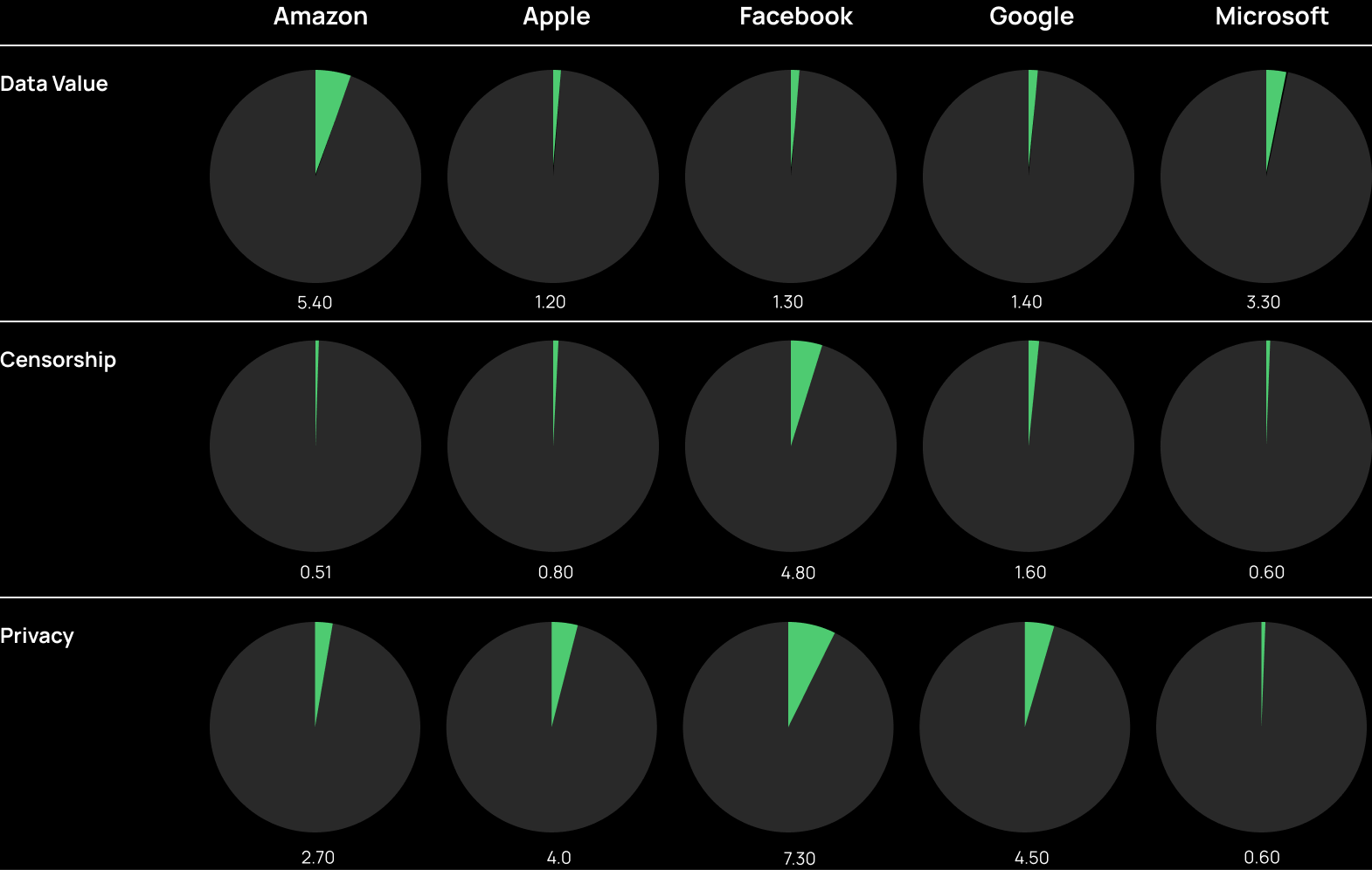
The visualization displays the distribution of the categories (in %) across the five platforms.
From the visualization above, it is possible to get two main insights. First, on the whole dataset, discourses about data value, censorship, and privacy are minoritarian. When tweeting about GAFAM, users tend to focus on other topics rather than surveillance capitalism. This result confirms a general lack of awareness and interest regarding questions of big data value, extraction, exploitation, protection, breach, management, etc. - which is largely documented by the current academic literature. Second, it is interesting to notice how different platforms score differently according to the topic taken into consideration; specifically: a) Amazon attracts most of the tweets focusing on economic themes (probably given its explicit business vocation); b) Facebook seems to be associated with censorship issues (probably due to the several ‘scandals’ related to content moderation that affected the company over the last few years); c) all platforms seem to raise concerns about privacy and data protection. This last result echoes another well-known insight within the academic literature: when reflecting on the value of their own digital data, people tend to focus on individual forms of value (such as privacy), rather than collective ones (such as economic value).
Output 2
From the whole dataset we extracted a sample of 250 most recurrent hashtags, which we manually assigned to 8 categories: data value (e.g., #ads), privacy (e.g., #cybersecurity) censorship (e.g.,#trumpbanned), platform (e.g., #facebook), news (e.g., #news), politics (e.g., #conte), covid (e.g., #contacttracing).
This visualization is particularly interesting because it allows (so to speak) to ‘make visible’ the users’ imaginary about surveillance capitalism as well as observe the devices, procedures, operators, and conditions that, in their view, enforce the process of data extraction, appropriation, and exportation. In this sense, emblematic are some hashtags associated with the category ‘privacy’, such as: #smartphone, #cookie, #hacker, #spyware, #tracking, #smartglasses. The same goes for some hashtags related to the category ‘data value’, which indicate the means through which platforms monetize digital data: #marketing, #advertising, #trading, #monopoly.
A research project by:



Funded by:

Contact us:
Drop a message to alessandro.caliandro@unipv.it - twitter - facebook - researchgate





